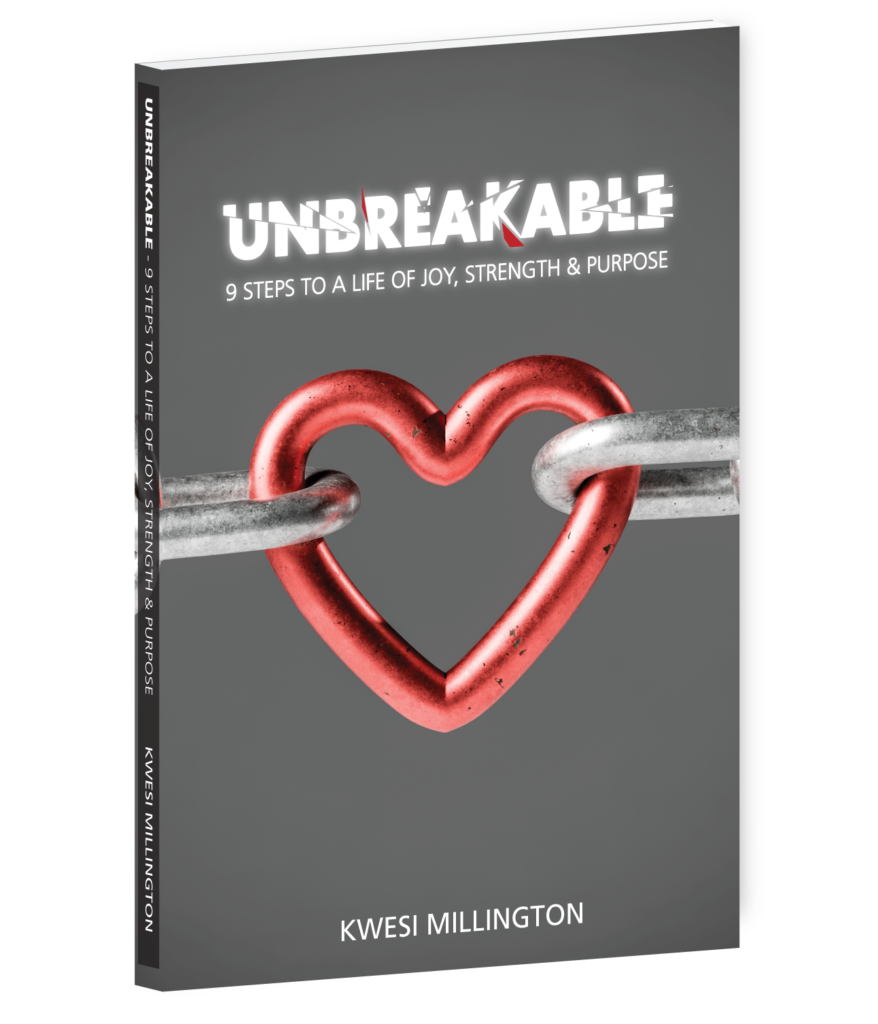One definition of bullying that I found is “seeking to harm, intimidate or coerce”. Some forms of bullying are out in the open. Others can be subtle. Looking back at my policing career, I can see instances – even so-called small ones – where I was bullied. One of the less noticeable occasions came in my first year.
I was working on the streets of Richmond, BC, and was out for what’s called “swing”. Our policing detachment worked on a 4-day on, 4-day off rotation. That is, we worked two 12-hour days, followed by two 11-hour nights, followed by 4 days off. In between the second day shift, and the third shift (the night shift), there was a gap. For instance, if I finished at 6pm on a Monday for my second day, I wouldn’t work again until 6 or 8pm on the third day, giving a 24-26 hour gap between shifts. That gap – which is often very hard on the body – is called the “swing shift”, the body’s swing from working days to nights. To make it worse on ourselves, the officers working that second day go out for drinks after work. It was on one of these “swing” nights, that I started to disclose my career plans to some of my fellow officers.
I have always had a passion for youth, so I told some of them that my plan was to get into a Youth Liaison position as soon as I was eligible. Youth Liaison officers are assigned 1 or more high schools to visit. The role includes partnering, encouraging and working with students, parents and staff. I was thrilled with the opportunity to eventually jump into the position. Most of the officers I shared this plan with, however, were not.
“Don’t you want to do ‘real’ policing?”
“Those fluffy positions are for lazy police officers!”
“Don’t waste your career hanging out with kids all day!”
Seeing that I was only a year into my career and those comments came from officers with far more experience, I felt discouraged. I was baffled, actually, as to how so few officers seemed to care about helping out our youth. But what was far worse, was what I heard mumbled behind the backs of those officers already serving in the youth unit.
“Look at him wasting his career!”
“She’s useless anywhere else, so I guess it’s good she’s in that waste of a position.”
“They can babysit if they want. I’ll do real work here in (drugs, homicide, etc).”
Let’s be clear. That IS bullying. The officers in the youth department knew what was said about them. They were aware of the comments. Officers did try to ‘coerce’ me out of joining that unit.
Bullying quite simply, happens when someone is made to feel less through the actions, words or gestures of others.
Now I have been out of the policing career for a few years now. I don’t know if officers still unfairly judge and deride those who choose to work in units that don’t involve drug busts, ‘real’ criminals or child abusers. But I do know that strong-arming, hierarchical humiliation, and discrimination still exists in many police forces, and for that matter many workplaces in general.
So how do we stop it? I can only speak to what I should have done when I was thinking about the youth liaison position.
Banishing Bullying Step #1 – SPEAK UP when you feel bullied:
The first step I should have taken was to stand strong in my decision to become a YLO (Youth Liaison Officer). When we feel strong-armed, often the best comeback is to match offense with offense. However, doing it in a respectful way almost always helps us win. Instead of saying something like “You’re opinion is close-minded” or just “You’re entitled opinion”, I should have asked questions. Questions make people think, and the right ones can change minds and opinions. What might have been the response if I asked “What makes you think that?” or “What are you basing that opinion on”, or even “Are there any positives that you can see of having police presence in our schools?” would have at least sparked a discussion. Those who have the courage to challenge mindsets often end up changing them.
Banishing Bullying Step #2 – STAND UP for others being bullied:
There are times when we have to put ourselves out there for others. The saying I’ve heard often is “Be an up-stander, not a by-stander.” Let’s take the intimidation and fear out of doing this. Up-standing doesn’t have to be an outright demand of “Stop bullying ______!!” What if instead I had said to my close-minded officer friends:
“Have you asked her WHY she chose that unit?”
“Doesn’t everyone have the right to choose wherever they want to work?”
“How would you feel if your (spouse/children) heard what you were saying right now?”
I like the 3rd question. Sometimes people are just being assholes and we have to remind them of the bad example they’re setting. Standing up for others is often as simple as calling people to nobler motives. People may not stop bullying if we just say stop, but they often will if you can remind them of the impression they’re leaving on the people they care about.
Banishing Bullying Step #3 – SHOW UP for the bullied:
Not only is it important to stand up to those bullying, it’s also vital to show up for those being bullied. That could mean sharing similar experiences with them, or just by saying four words: I’m here for you. Nothing stops if good people do nothing to stop it.
Whether in the world of policing or outside, whenever we SPEAK up, STAND up, and SHOW up, we improve the lives of others, ourselves, and the world around us.
What are your thoughts when it comes to bullying? Do you see it at work? At home?
If so, what do you think we can do about it?


